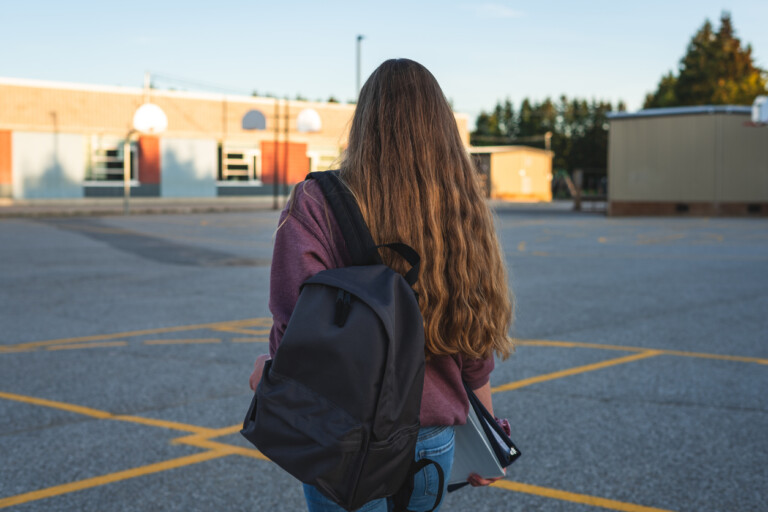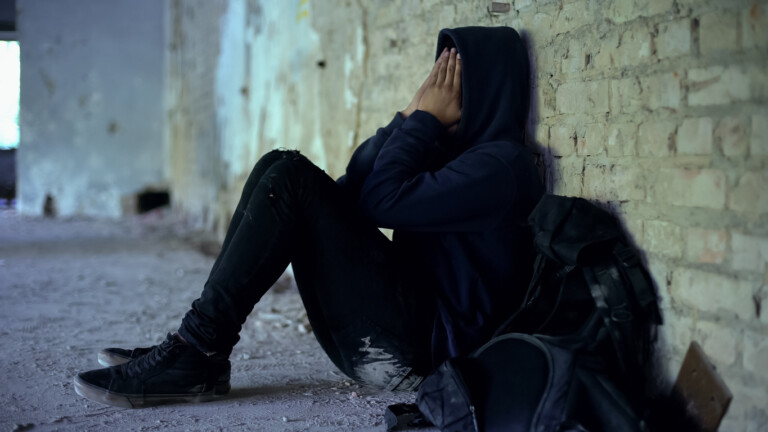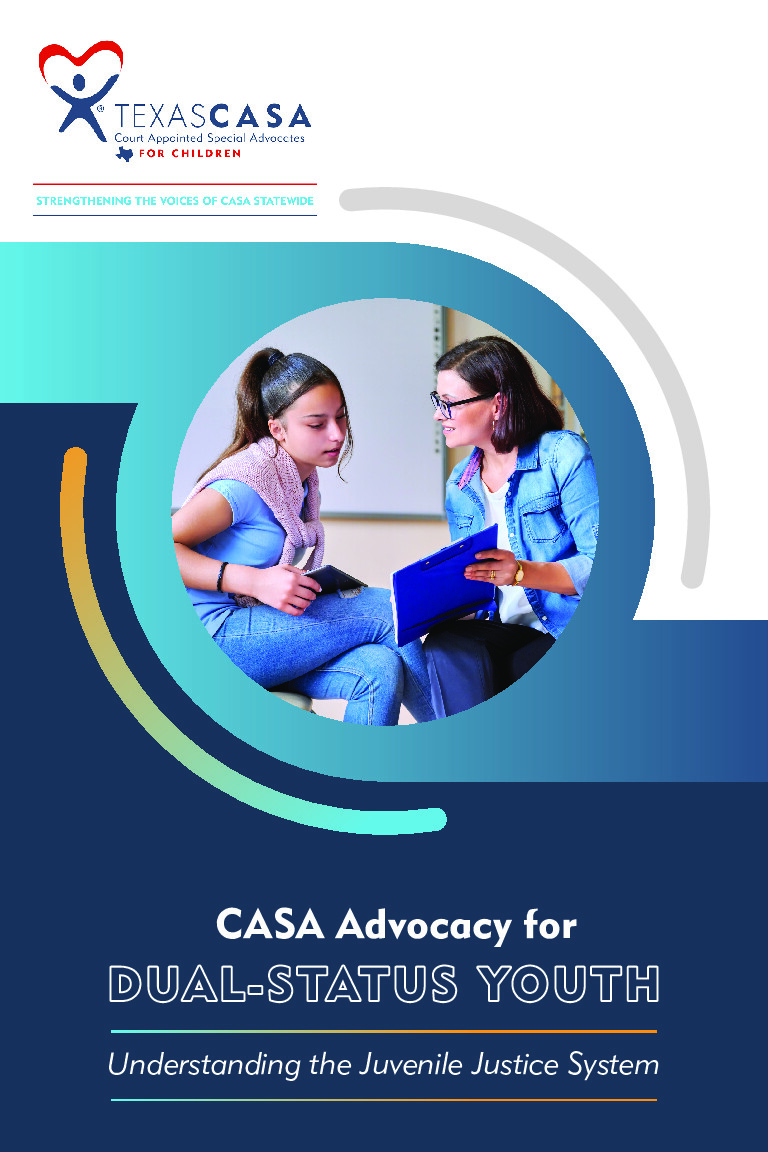CASA Advocacy for Dual-Status Youth: Voices from the Field
Studies show that youth in foster care are disproportionately represented in the juvenile and criminal justice systems. When youth are involved in both the child welfare and juvenile justice systems at the same time, they are considered dual-status. Dual-status youth are at an even greater risk for mental health, education and vocation challenges as well as having higher rates of recidivism, suicide, drug use and homelessness. CASA advocacy for dual-status youth can effectively be the critical linchpin to facilitating the two systems working together in a way that supports healing and positive outcomes for youth. In this video, you will hear from stakeholders and local CASA programs as they discuss the impact that CASA advocacy can have on these youth.


